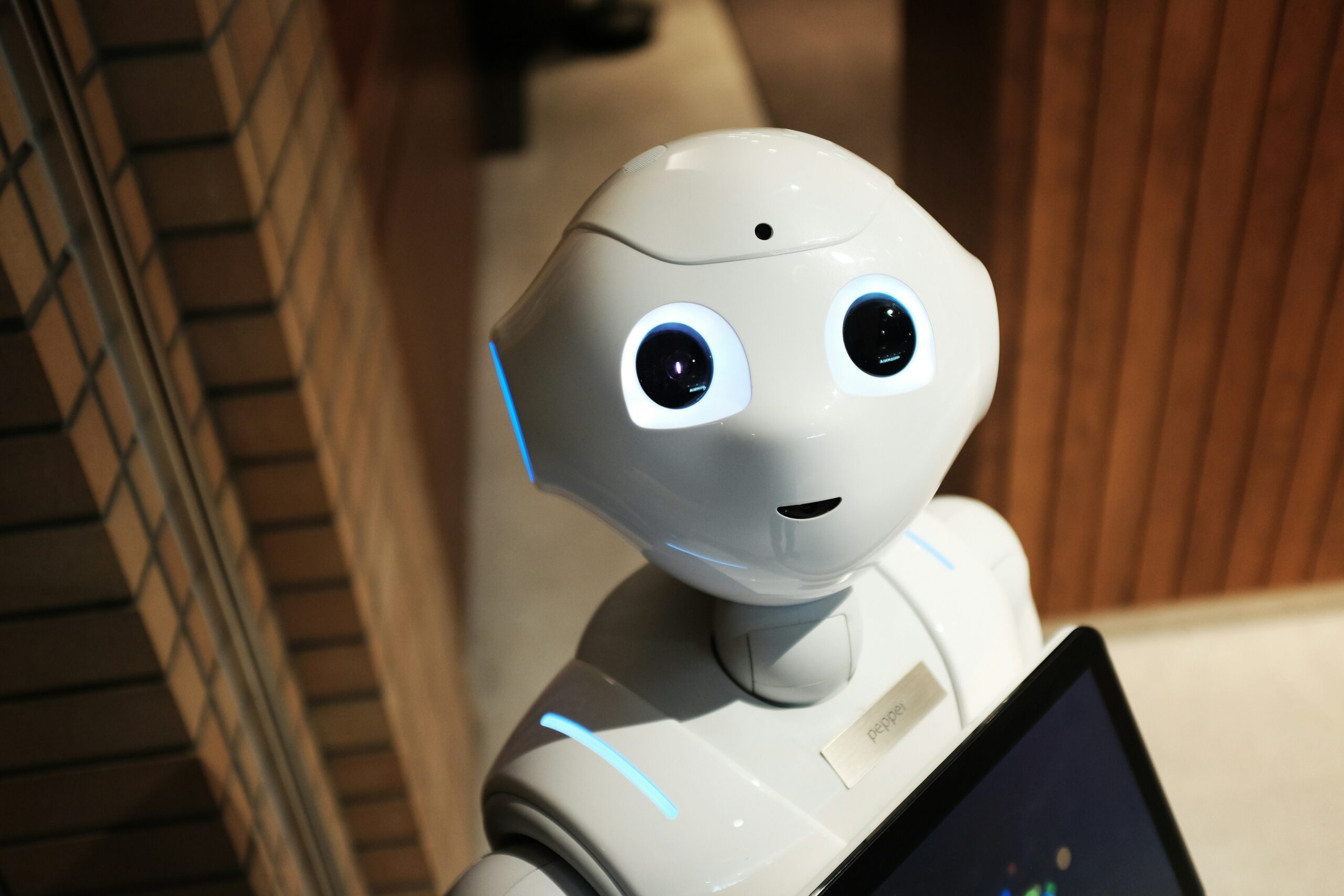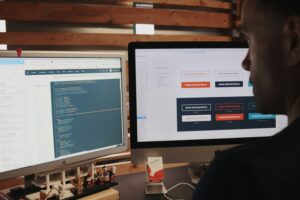There is no doubt that the nature of work is evolving at a fast pace. Technology is changing the ways in which individuals perform their duties at the workplace, automation is taking over some careers, new career paths are coming up while career requirements are changing.
But here are the skills that are going to be valuable in the future and that are worth it to develop:
Here are the 10 best skills that experts advise on for today’s employment market to assure a successful career in the future.
Digital Literacy
We are living in a world where technology is constantly advancing, and having a technological background is valuable anywhere you go. What it means to be digitally-savvy includes not only general computer proficiency, awareness of cyberthreats, and analyzing data and Artificial Intelligence (AI) as a decision-making tool.
Familiarize yourself with various types of programs and applications, learn how to interact with data and different operating systems and keep abreast of technological advancements. It also makes sense to acquire these basic digital skills that our world increasingly demands as technology keeps transforming careers.
Data Analysis
It has proven that data has become one of the most important assets in the contemporary organizations. In today’s world, firms of all industries and types use data to make strategic choices and enhance operations.
Big data professionals who are capable of assembling, categorizing, synthesizing, interpreting as well as visualizing data have high demand.
Familiarize yourself with the processes of data analysis, become comfortable with tools for data analysis such as SQL, Python, and Tableau, learn about statistics, and develop the ability to tell stories with data.
A combination of good analytical skills with a first-hand knowledge of the industry one operates in, be it healthcare, marketing, finance or any other field will make your career path glow.
Critical Thinking
As so much is being done to integrate artificial intelligence into the workplace to perform some of the repetitive work, human endowment such as analytical abilities and problem solving skills are proving more difficult to displace by technology.
Managers and other employers will go on delegating critical thinking to human employees when working under pressure, considering the implications of the choices they make, analyzing data, using their knowledge and experience to solve new problems, and suggesting improvements.
Enhance these cognitive skills through active course work, knowledge update and professional development and intentionally engage in the ability to think critically about problem solving in the real world.
Creativity
Creativity is the ability to find new solutions, better ways of performing tasks, and ideas that were not seen before. While conventional work is increasingly delegated to machines, creative people are required even more to develop new and exciting product and services, as well as redesign business models and processes, and look for new needs to satisfy.
Gather experiences that force you to look at concepts and problems in a different way or introduce you to ideas you’ve never considered before, and do them with no focus on how ridiculous they are or how much you usually dislike them.
Some experts believe that creativity will become the only unique selling point of people as machines become increasingly smarter.

Lifelong Learning Mindset
The future is about learning and unlearning – that is the concept of lifelong learning in its simplest form. As Tom and Mike highlighted, due to the shortening of life cycle of industries and skills required for them, the skills that you possess now might become obsolete in the near future.
Individuals who practice the acquisition of new knowledge in work-related domains will be able to cope with change, while those who rely on the knowledge acquired in the past will not be able to find jobs.
When you make learning a daily habit, a continuous process of acquiring fresh knowledge in new technologies and various disciplines, you will have a better job market and be more protected if your specialization stagnates or deteriorates.
Tech Ethics
Starting from the fake news to algorithmic bias concerns for example, the use of technology brings about several ethical dilemmas. As technology keeps on developing at a very fast pace, individuals who can audit the algorithms, evaluate the risks, apply ethical standards to emerging technologies, and guarantee fair distribution will be essential in all industries.
Build a firm ethical framework combined with technical expertise in your domain studying about business rules, analyzing the societal implications of technologies, ensuring that inventions are ethically responsible, and expressing your concerns positively can help you become a leader in the future, driving positive changes.
Emotional Intelligence
While many mundane tasks are delegated to machines, creativity, leadership, and interpersonal skills are becoming more valuable. They foster interpersonal relationships, manage teams, deliver human touch, resolve conflict and manage changes because of high E.Q.
They will become even more crucial for organizations, so do not let these human skills atrophy. Being able to better understand the feelings and thoughts of other people. Enhance your listening and interpersonal skills. It teaches how to manage one’s own emotions, specifically: Therefore, as automation and AI become more prevalent, emotive intelligence might be the ultimate career hedge.
Design Thinking
Design thinking is a creative problem-solving approach that has been adopted by top organizations across the globe. It involves the thorough analysis of customer requirements before creating and implementing solutions in a fast-paced manner while relying on hypothesis-driven experiments.
In its essence, design thinking enhances core competencies ranging from empathy and teaming to creative self-assurance and facility with the unknown—all useful in almost any professional area.
Understanding this human-centered approach to build people-focused solutions can help to explore new opportunities in many industries as more and more design positions appear.
Agile Project Management
It has been seen that in the last few years, the need for personnel familiar with agile methodologies based on flexibility, regular enhancements, and timely delivery has grown significantly.
Agile project management does not adhere to strict process models with defined phases, but rather utilizes adaptable structures that enable a quick adaption of changed constraints. Credentials like PMI-ACP and Scrum certifications demonstrate agile skills that every business from every field is investing in.
In addition to these certificates, ensuring that you embody agility such as being open to new ideas, communicating effectively, and working on the customer’s behalf will make you a desirable team player who can excel in volatile environments.
Resilience & Growth Mindset
Finally, mastery of effective coping strategies and maintaining a growth orientation toward one’s work will help sustain professional drive in the face of adversities. Be open to failure, criticism and change as these are growth experiences.
Find sources to rely on for mental health and stress control. Build individual and team capacity by maintaining the physical and psychological health of an employee. In practical terms, an antifragile mindset is one that sees challenges as opportunities to grow and develop, and in the process become stronger in the face of volatility, uncertainty, complexity and ambiguity.
In a rapidly changing environment, personal and organizational resiliency along with a growth mindset shape valuable career protection.
Conclusion
This coming decade holds great potential for radical changes in the employment landscape as new technologies reconfigure professions. Yes, certain occupations may become less relevant or obsolete, but positions that deal with uniquely human abilities are emerging.
Of course, there are always opportunities on the horizon for professionals who develop such future skills as digital literacy, analytics, creativity and resilience. Instead of constantly considering automation threats one should shift his/her attention to the skills that create value and cannot be effectively automated.
Invest today in continued education and the construction of career stability, and you will be ready for the next waves resulting from the future emergence of various industries. The next promising frontier is available to those who possess valuable human capital.





